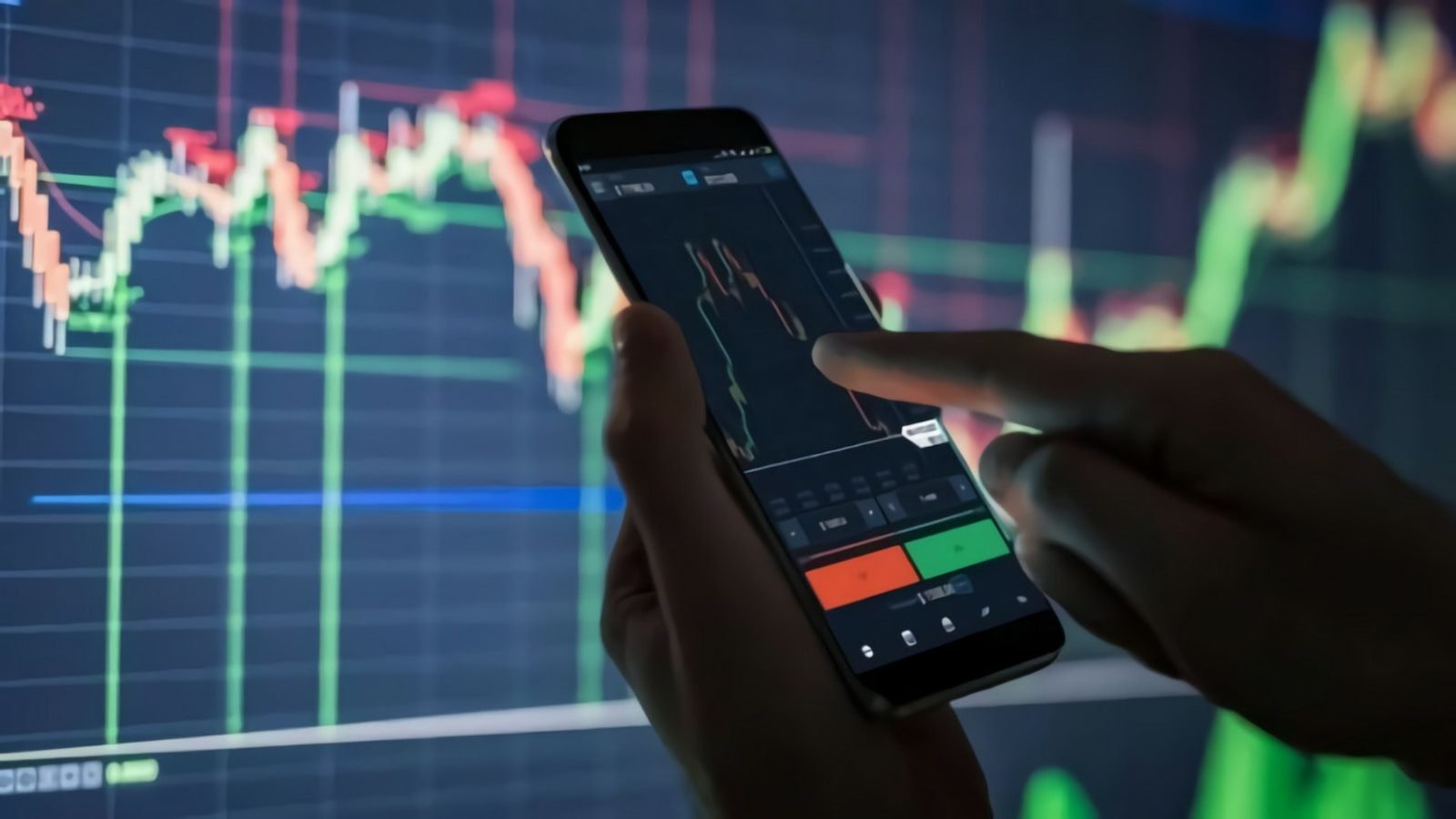Some of the best private equity firms in the world are buying the debt of their own portfolio companies from banks at steep discounts. They are doing this because there aren’t as many deals going on and they want to make a lot of money.
Advent International Corp. recently bought a piece of a loan that helped pay for the buyout of a Royal DSM unit. Over the past year, Clayton Dubilier & Rice has bought debt that helped pay for at least two of its deals. Elliott Investment Management bought $550 million in bonds that backed its purchase of Citrix Systems Inc. at 79 cents on the dollar last week. This was similar to what it did in September.
The trades are happening at a time when banks are trying harder to get rid of the billions of dollars of debt that are stuck on their balance sheets. This is because the prices of risky assets changed quickly last year, which messed up the underwriting pledges. Wall Street is sometimes willing to take big losses to get rid of risk, so buyout firms coming off the worst quarter for mergers and acquisitions since 2020 can’t pass up the often double-digit yields on debt of companies they already know well.
Steven Messina, head of the banking group at Skadden, Arps, Slate, Meagher & Flom LLP’s New York office, said, “A lot of these private equity firms are smart buyers of debt when the time is right.” “Right now, private equity firms have a lot of cash and can take advantage of situations where debt is trading at a discount.”
Advent, CD&R, and Elliott representatives all declined to say anything.
When companies buy debt from the sponsor, they usually keep it as an investment. This way, they can make money from the interest payments and from any possible refinancing, sale of the company, or initial public offering in which the debt is paid back at about par. It is sometimes bought through the credit arm of an investment firm, which is usually run separately from the private equity unit.
The debt can also be bought by the portfolio company itself. When this happens, the debt is usually cancelled, which cuts interest costs and reduces leverage.
No matter what, the bet is not a sure thing. The Federal Reserve keeps raising interest rates to stop inflation from getting out of control. However, a recession could happen in the next few months, which could hurt corporate earnings and make prices for risky debt even lower than they are now.
John McClain, portfolio manager at Brandywine Global Investment Management, said, “Private equity is expanding into other areas and looking at different ways to cut up the carcass.” “There is a lot of risk tied to a single name.”
‘Positive Signal’
Still, it’s easy to see why people like it.
Elliott bought $550 million in second-lien bonds last week. These bonds are part of a $15 billion debt package that banks wrote to help Elliott and Vista Equity Partners buy out Citrix. The coupon on the bonds is 9%, and they were sold for 79 cents. This means that the all-in yield is about 14%.
Last year, the same thing happened when the company bought about $1 billion of Citrix’s first-lien junk bonds from banks for about 83.6 cents on the dollar.
Bloomberg said that Vista’s credit arm also bought $200 million worth of the second-lien bonds. A representative for the company didn’t want to say anything.
Brad Rogoff, head of fixed-income research at Barclays Plc, said, “Buying the debt of a portfolio company at a discount is an interesting way to possibly create more equity value at a cheaper price.” “If you liked it when it cost more, you’ll probably like it even more when it costs less.”
Winnie Cisar, the global head of strategy at CreditSights, says that there are often other reasons to buy the debt of a portfolio company.
She said that private equity firms may like having a stronger negotiating position as a creditor if the company needs to change or extend its debt, which could happen if the economy gets worse. Buying the debt of a portfolio company also shows current and potential lenders that the sponsor is confident in the investment.
Cisar said, “That’s a great sign for other investors.” “That makes me feel better.”
Insiders in the industry say that part of the reason is that some firms want to keep good relationships with Wall Street’s leveraged finance desks.
In November, CD&R bought a $475 million piece of the debt that backed its purchase of a majority stake in Roper Technologies Inc.’s industrial operations business. This took some of the pressure off of the banks that lent it the money. People who knew about the situation but didn’t want to be named because they were talking about a private deal said that the second-lien loan was offered for about 90 cents.
People said that it also bought risky payment-in-kind notes worth about $464 million to back its purchase of Cornerstone Building Brands Inc. at a discount of about 60 cents each around the middle of last year.
When underwriters buy junior debt from companies in their portfolios, it can also make it easier for them to sell senior debt in the future.
More Bargains
In Europe, Advent International just bought the equivalent of €450 million in debt that was backed by lenders a year ago for its buyout of Royal DSM’s engineering materials business. Just before the debt was thought to be hung, the banks sold the rest of it for 90 cents less than it was worth. Market watchers say that Advent was probably able to get slightly better terms as an early anchor order.
Rogoff of Barclays says that as banks keep chipping away at the pile of hung debt on their balance sheets, there will be fewer chances to buy portfolio company debt at a discount in the future. Others say that buyout firms will continue to be interested in a steady stream of new deals with good prices and discounts.
Rogoff also said that private equity could look more and more to the secondary market for deals, especially if the prices of high-yield bonds and leveraged loans stay low.
Some businesses already do this. A person with knowledge of the situation says that KKR & Co., which owns Upfield, bought its own Polish zloty and sterling debt worth about €250 million in the past few months. This got rid of the debt and cut the company’s interest payments.
KKR declined to comment.
“There will still be opportunities on the secondary market that companies can take advantage of,” Cisar from CreditSights said.
Source: Team CurrencyVeda





